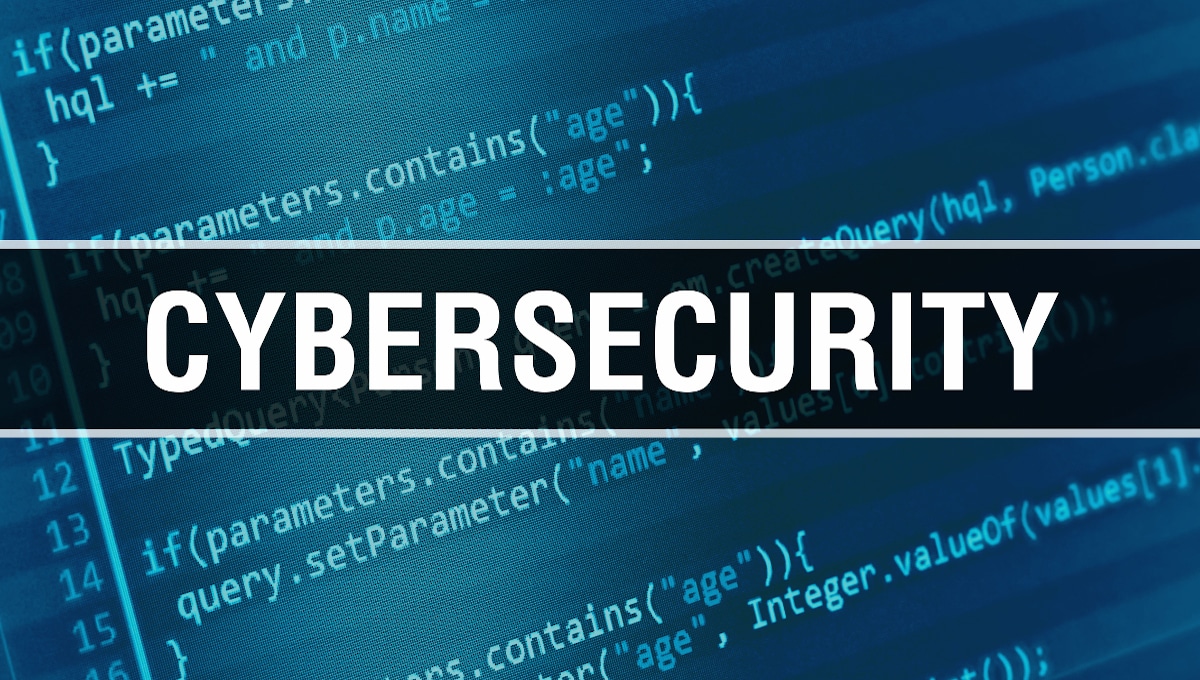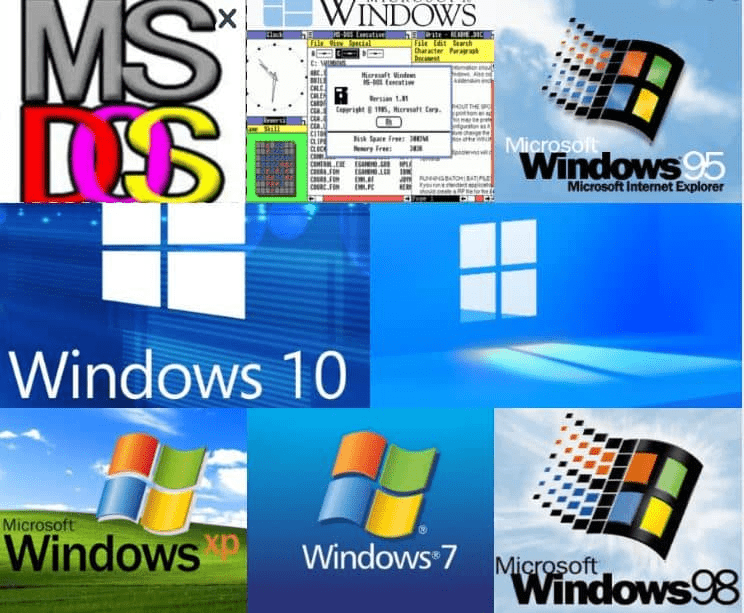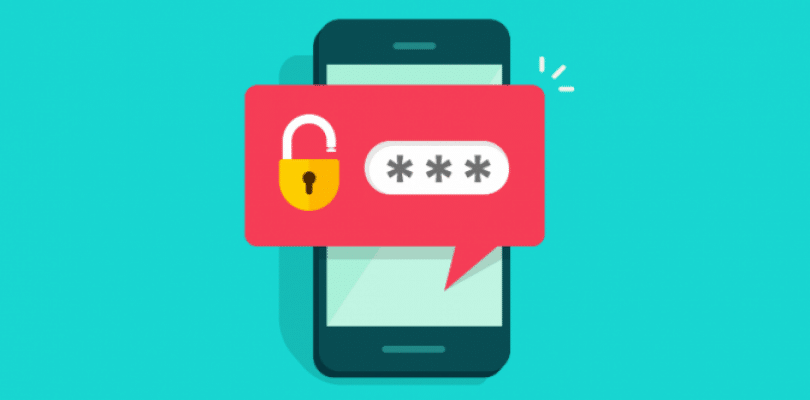Cyber security is one of the most important considerations every computer user, especially those with an internet connection, has to take into account. This applies not just to businesses and corporations, but individual users as well. The term itself refers to the techniques and measures undertaken to ensure the protection of networks, computers, data, and programs from attack and unauthorized access, especially those aimed at exploiting them.
With that understanding, it becomes pertinent for us to better understand what cyber security means for us, and a good way to do so is in the context of its benefits as well as its downsides. So, without further ado, lets get right into it. The Advantages
1. Protection from viruses, spyware, worms, and various other malicious programs There are many ways for malicious parties to attack your system. Viruses. for instance, are designed to corrupt your system, possibly leading to the loss of your data.
Spyware, on the other hand, is designed to collect information from your system about what you are doing and the information you have stored o be transmitted to an unauthorized third party without the knowledge of the rightful owner. These are just two out of many classes of these nasty entities, and newer, more powerful versions of them are constantly being produced. Effective cyber security measures enable us to avoid the harmful effects of such programs.
2. Protection of your data from theft We’re living in the information age, and data can be extremely valuable or sensitive for a variety of reasons and in numerous ways. Bank details, credit card numbers, medical records, military files, and many more examples can be given of information that can be used to cause great loss and damage should it fall into the wrong hands. Keeping access to data limited only to those authorized to see it is one of the main pillars of keeping secure.
3. Protection from hacking Hacking refers simply to the unauthorized access to your systems despite reasonable care. If you’ve set a password on your computer or phone and somebody gains access to it in spite of that, you’ve been hacked. Due to the clandestine nature of hacking activity, one might not even be aware of being hacked until serious damage begins to be noticed.
The most effective cyber security measure against such intrusions is the setting up of firewalls, which will alert system administrators and lock down the system should an unauthorized entity attempt to gain access. Another safety measure you cold put in place with minimal effort on your part would be setting up secure password for your systems. These, of course, might not protect you from the most determined and skilled hackers out there, but they do offer considerable protection against low-skilled and opportunistic hackers.
4. Keeps your system running smoothly and efficiently One of the most frustrating feelings in the world, it’s safe to say here, might just be the sudden crash or locking up of a system during ongoing operations. You might be in the middle of an important project when our computer suddenly goes blank, wiping out data you’ve been working on for however long. You might also perhaps have your system slow down drastically, making operations that would take seconds drag on for minutes on end, considerably diminishing the quality of your user experience and system efficiency.
These sudden maladies can be attributed, in cases where there are no mechanical issues, to the action of viruses, worms, and trojans – malware classes that these measures aim to prevent from gaining access to your systems.
5. Ensures user privacy The privacy of information from unwanted access has grown, in recent years, to become one of the major concerns for governments, corporations, and individuals alike. It’s a violation on a very fundamental level that can have ramifications beyond loss of information, fraud, or embarrassment.
Cyber security seeks to ensure only those with explicit authority to access certain systems, ostensibly determined by system administrators, will have access.
A sense of privacy is essential for people to operate comfortably in, and this is one of the ways this atmosphere is maintained. The Disadvantages
1. Firewalls can be complicated Setting up a firewall can be a delicate and daunting challenge. The technical aspects of such a setup alone can and have posed a huge challenge to corporations and governments alike, not to mention individuals without any of the prerequisite training or experience.
2. Diminishing of user experience quality The way firewalls operate is by blocking access to certain suspect sites, programs, and incoming data packets.
The problem comes about in this manner; much like a busy airport has thousands of people and cargo coming in from all over the world, a busy computer system will be bombarded by data from all over the world. Singling out a particular point of origin or data type to be barred from the system might see you mistakenly locking out useful information. It might again, despite its good intentions, prevent users from carrying out their benign and useful activities until a reconfiguration is carried out. Essentially, cyber security can become a burden that diminishes the quality and freedom of user experiences.
2. Slowing down system performance One of the major hurdles standing in the face of effective system security is the slow-down in system performance which, like a shadow, comes with effective security measures. Like in so many instances in the real world, the price of safety in the online world seems to come at the cost of mobility and freedom. Bypassing firewalls and having all data interchanges pass through monitoring programs checking for malicious programming can be time-consuming and ultimately frustrating.
Getting things done will take longer, and nobody finds that to be a mark on the plus side of things. 3. Constant software updates are required With new threats to cyber security being developed every day, it becomes necessary to constantly update your software in order to keep protected from newer threats. This can not only grow to become tiresome, but can be quite out of the price range of what the average person might be able to afford. Setting up and properly configuring firewalls, especially, can be quite a hefty expense, as it so often requires the expertise of professionals and those with vast experience.



